document.documentElement.className = 'js';
let jqueryParams=[],jQuery=function(r){return jqueryParams=[...jqueryParams,r],jQuery},$=function(r){return jqueryParams=[...jqueryParams,r],$};window.jQuery=jQuery,window.$=jQuery;let customHeadScripts=!1;jQuery.fn=jQuery.prototype={},$.fn=jQuery.prototype={},jQuery.noConflict=function(r){if(window.jQuery)return jQuery=window.jQuery,$=window.jQuery,customHeadScripts=!0,jQuery.noConflict},jQuery.ready=function(r){jqueryParams=[...jqueryParams,r]},$.ready=function(r){jqueryParams=[...jqueryParams,r]},jQuery.load=function(r){jqueryParams=[...jqueryParams,r]},$.load=function(r){jqueryParams=[...jqueryParams,r]},jQuery.fn.ready=function(r){jqueryParams=[...jqueryParams,r]},$.fn.ready=function(r){jqueryParams=[...jqueryParams,r]};
var breeze_prefetch = {"local_url":"https:\/\/thehomoculture.com","ignore_remote_prefetch":"1","ignore_list":["\/wp-admin\/"]};
https://thehomoculture.b-cdn.net/wp-content/plugins/breeze/assets/js/js-front-end/breeze-prefetch-links.min.js
var cnArgs = {"ajaxUrl":"https:\/\/thehomoculture.com\/wp-admin\/admin-ajax.php","nonce":"962bec46bc","hideEffect":"fade","position":"bottom","onScroll":false,"onScrollOffset":100,"onClick":false,"cookieName":"cookie_notice_accepted","cookieTime":2592000,"cookieTimeRejected":2592000,"globalCookie":false,"redirection":false,"cache":true,"revokeCookies":false,"revokeCookiesOpt":"automatic"};
https://thehomoculture.b-cdn.net/wp-content/plugins/cookie-notice/js/front.min.js
(function() {
window.__insp = window.__insp || [];
__insp.push(['wid', 881888173]);
var ldinsp = function(){
if(typeof window.__inspld != "undefined") return; window.__inspld = 1; var insp = document.createElement('script'); insp.type = 'text/javascript'; insp.async = true; insp.id = "inspsync"; insp.src = ('https:' == document.location.protocol ? 'https' : 'http') + '://cdn.inspectlet.com/inspectlet.js?wid=881888173&r=' + Math.floor(new Date().getTime()/3600000); var x = document.getElementsByTagName('script')[0]; x.parentNode.insertBefore(insp, x); };
setTimeout(ldinsp, 0);
})();
How The AIDS Crisis Impacted an Entire Missing Generation of Gay Men
The Broadway production, The Inheritance, showcased stories of gay men over many generations. The show explored the ramifications of the missing generation – men who died during the peak of the HIV and AIDS crisis of the 1980’s and 1990’s. The characters in The Inheritance are haunted by memories of men who were both loved and lost. The repercussions are still felt today by the LGBTQ community. Queer youth who were born during or soon after the crisis live with the knowledge and memories of this historic and bleak time in gay history.
From the modern gay rights movement to the HIV and AIDS crisis, the wins of gay marriage and equality, the sacrifices and triumphant moments is a dichotomy that brings that LGBTQ community together. As a result, we have learned to value the voices of our past, present, and our future.
But the voices that are missing from the conversation are those who died during one of the most fearful moments in gay history. It is tragic and heart wrenching. While some may not know the fear, loss, hurt, and pain of the missing generation, it is important to tell their story. It’s equally as important to respect the survivors—the men, women, families, medical researchers, doctors, protestors, and advocates. They are the heroes who helped the gay community stand strong during the battle against HIV and AIDS.
During a time of uncertainty, it took bold and courageous people to come out, fight against stigmas, and to advocate for a cure. While thousands of men fell ill and passed away, it made their work even harder. But with unwavering support and compassion, the LGBTQ community continued to fight for equal rights and equality during this dark time. It’s this resilience that makes celebrating the victories so much more meaningful.
Across the world, many jurisdictions have made great strides in passing laws around rights and freedoms, marriage equality, and transgender affirming care, while at the same time banning conversion therapy practices, bans on gay sex, and blood donations from men who sleep with men. However, more work needs to be done.
There are still stigmas, discrimination, and oppression of the queer community, including hate crimes against the LGBTQ community, trans rights, and broadening the wins to other jurisdictions that haven’t already done it, enshrining the same rights many western and some European countries now have. Today, there are still over 65 countries where legislation and sanctions can lead to imprisonment and the death penalty just for being gay. This is unacceptable.
The LGBTQ community has a long history of grassroots movements to advocate for change. It is important, through strength and support, to do this important work, both at home, and in other jurisdictions.
On days of remembrance, at Pride celebrations, and at every win for LGBTQ rights, we need to honor and respect those who came before us and the bold, scary, and courageous sacrifices they made. It’s a collective responsibility to care for and learn from the survivors of the missing generation, to ensure that they maintain their dignity as they move into their golden years. They have important stories to tell and lessons to learn from.
While stigma and discrimination still exist, HIV and AIDS doesn’t have to be a part of our future. There are incredible treatments for those living with HIV, allowing them to lead normal lives. There is treatment as prevention, including pre-exposure prophylaxis (PrEP), and post-exposure prophylaxis (PEP), to protect people from getting HIV. Education that Undetectable = Untransmittable (U=U). And there are exiting trials and advancements on a cure for those living with HIV.
The legacy of the missing generation will always be remembered, cherished, and respected with kindness.
Author
Sean Kivi holds a master's degree from the University of Nottingham in translation studies from Spanish to English. He specializes in writing about gay culture and its influence on discourse. Sean speaks Spanish fluently and focuses on translating gay-themed literature to English and analyzing the discourse to understand how our culture is universal yet distinct in countries worldwide. He has translated for authors in Mexico and completed case studies related to machismo and its influences on gay culture in Latin America.
We use cookies to ensure that we give you the best experience on our website. If you continue to use this site we will assume that you are happy with it.OkNoPrivacy policy ( function ( body ) {
'use strict';
body.className = body.className.replace( /\btribe-no-js\b/, 'tribe-js' );
} )( document.body );
var et_link_options_data = [{"class":"et_pb_blurb_1_tb_body","url":"https:\/\/thehomoculture.com\/category\/travel-guides\/","target":"_self"},{"class":"et_pb_blurb_2_tb_body","url":"https:\/\/thehomoculture.com\/category\/travel-tips\/","target":"_self"},{"class":"et_pb_blurb_4_tb_body","url":"https:\/\/thehomoculture.com\/category\/gay-culture\/celebrate-pride\/","target":"_self"},{"class":"et_pb_blurb_5_tb_body","url":"https:\/\/thehomoculture.com\/friends-of-homoculture\/","target":"_self"}];
var tribe_l10n_datatables = {"aria":{"sort_ascending":": activate to sort column ascending","sort_descending":": activate to sort column descending"},"length_menu":"Show _MENU_ entries","empty_table":"No data available in table","info":"Showing _START_ to _END_ of _TOTAL_ entries","info_empty":"Showing 0 to 0 of 0 entries","info_filtered":"(filtered from _MAX_ total entries)","zero_records":"No matching records found","search":"Search:","all_selected_text":"All items on this page were selected. ","select_all_link":"Select all pages","clear_selection":"Clear Selection.","pagination":{"all":"All","next":"Next","previous":"Previous"},"select":{"rows":{"0":"","_":": Selected %d rows","1":": Selected 1 row"}},"datepicker":{"dayNames":["Sunday","Monday","Tuesday","Wednesday","Thursday","Friday","Saturday"],"dayNamesShort":["Sun","Mon","Tue","Wed","Thu","Fri","Sat"],"dayNamesMin":["S","M","T","W","T","F","S"],"monthNames":["January","February","March","April","May","June","July","August","September","October","November","December"],"monthNamesShort":["January","February","March","April","May","June","July","August","September","October","November","December"],"monthNamesMin":["Jan","Feb","Mar","Apr","May","Jun","Jul","Aug","Sep","Oct","Nov","Dec"],"nextText":"Next","prevText":"Prev","currentText":"Today","closeText":"Done","today":"Today","clear":"Clear"}};
https://thehomoculture.b-cdn.net/wp-includes/js/dist/vendor/wp-polyfill-inert.min.js
https://thehomoculture.b-cdn.net/wp-includes/js/dist/vendor/regenerator-runtime.min.js
https://thehomoculture.b-cdn.net/wp-includes/js/dist/vendor/wp-polyfill.min.js
https://thehomoculture.b-cdn.net/wp-includes/js/dist/vendor/react.min.js
https://thehomoculture.b-cdn.net/wp-includes/js/dist/autop.min.js
https://thehomoculture.b-cdn.net/wp-includes/js/dist/blob.min.js
https://thehomoculture.b-cdn.net/wp-includes/js/dist/block-serialization-default-parser.min.js
https://thehomoculture.b-cdn.net/wp-includes/js/dist/hooks.min.js
https://thehomoculture.b-cdn.net/wp-includes/js/dist/deprecated.min.js
https://thehomoculture.b-cdn.net/wp-includes/js/dist/dom.min.js
https://thehomoculture.b-cdn.net/wp-includes/js/dist/vendor/react-dom.min.js
https://thehomoculture.b-cdn.net/wp-includes/js/dist/escape-html.min.js
https://thehomoculture.b-cdn.net/wp-includes/js/dist/element.min.js
https://thehomoculture.b-cdn.net/wp-includes/js/dist/is-shallow-equal.min.js
https://thehomoculture.b-cdn.net/wp-includes/js/dist/i18n.min.js
wp.i18n.setLocaleData( { 'text direction\u0004ltr': [ 'ltr' ] } );
https://thehomoculture.b-cdn.net/wp-includes/js/dist/keycodes.min.js
https://thehomoculture.b-cdn.net/wp-includes/js/dist/priority-queue.min.js
https://thehomoculture.b-cdn.net/wp-includes/js/dist/compose.min.js
https://thehomoculture.b-cdn.net/wp-includes/js/dist/private-apis.min.js
https://thehomoculture.b-cdn.net/wp-includes/js/dist/redux-routine.min.js
https://thehomoculture.b-cdn.net/wp-includes/js/dist/data.min.js
( function() {
var userId = 0;
var storageKey = "WP_DATA_USER_" + userId;
wp.data
.use( wp.data.plugins.persistence, { storageKey: storageKey } );
} )();
https://thehomoculture.b-cdn.net/wp-includes/js/dist/html-entities.min.js
https://thehomoculture.b-cdn.net/wp-includes/js/dist/dom-ready.min.js
https://thehomoculture.b-cdn.net/wp-includes/js/dist/a11y.min.js
https://thehomoculture.b-cdn.net/wp-includes/js/dist/rich-text.min.js
https://thehomoculture.b-cdn.net/wp-includes/js/dist/shortcode.min.js
https://thehomoculture.b-cdn.net/wp-includes/js/dist/blocks.min.js
https://thehomoculture.b-cdn.net/wp-includes/js/dist/url.min.js
https://thehomoculture.b-cdn.net/wp-includes/js/dist/api-fetch.min.js
wp.apiFetch.use( wp.apiFetch.createRootURLMiddleware( "https://thehomoculture.com/wp-json/" ) );
wp.apiFetch.nonceMiddleware = wp.apiFetch.createNonceMiddleware( "64e4a48659" );
wp.apiFetch.use( wp.apiFetch.nonceMiddleware );
wp.apiFetch.use( wp.apiFetch.mediaUploadMiddleware );
wp.apiFetch.nonceEndpoint = "https://thehomoculture.com/wp-admin/admin-ajax.php?action=rest-nonce";
https://thehomoculture.b-cdn.net/wp-includes/js/dist/vendor/moment.min.js
moment.updateLocale( 'en_US', {"months":["January","February","March","April","May","June","July","August","September","October","November","December"],"monthsShort":["Jan","Feb","Mar","Apr","May","Jun","Jul","Aug","Sep","Oct","Nov","Dec"],"weekdays":["Sunday","Monday","Tuesday","Wednesday","Thursday","Friday","Saturday"],"weekdaysShort":["Sun","Mon","Tue","Wed","Thu","Fri","Sat"],"week":{"dow":0},"longDateFormat":{"LT":"g:i a","LTS":null,"L":null,"LL":"F j, Y","LLL":"F j, Y g:i a","LLLL":null}} );
https://thehomoculture.b-cdn.net/wp-includes/js/dist/date.min.js
wp.date.setSettings( {"l10n":{"locale":"en_US","months":["January","February","March","April","May","June","July","August","September","October","November","December"],"monthsShort":["Jan","Feb","Mar","Apr","May","Jun","Jul","Aug","Sep","Oct","Nov","Dec"],"weekdays":["Sunday","Monday","Tuesday","Wednesday","Thursday","Friday","Saturday"],"weekdaysShort":["Sun","Mon","Tue","Wed","Thu","Fri","Sat"],"meridiem":{"am":"am","pm":"pm","AM":"AM","PM":"PM"},"relative":{"future":"%s from now","past":"%s ago","s":"a second","ss":"%d seconds","m":"a minute","mm":"%d minutes","h":"an hour","hh":"%d hours","d":"a day","dd":"%d days","M":"a month","MM":"%d months","y":"a year","yy":"%d years"},"startOfWeek":0},"formats":{"time":"g:i a","date":"F j, Y","datetime":"F j, Y g:i a","datetimeAbbreviated":"M j, Y g:i a"},"timezone":{"offset":-7,"offsetFormatted":"-7","string":"","abbr":""}} );
https://thehomoculture.b-cdn.net/wp-includes/js/dist/primitives.min.js
https://thehomoculture.b-cdn.net/wp-includes/js/dist/warning.min.js
https://thehomoculture.b-cdn.net/wp-includes/js/dist/components.min.js
https://thehomoculture.b-cdn.net/wp-includes/js/dist/keyboard-shortcuts.min.js
https://thehomoculture.b-cdn.net/wp-includes/js/dist/commands.min.js
https://thehomoculture.b-cdn.net/wp-includes/js/dist/notices.min.js
https://thehomoculture.b-cdn.net/wp-includes/js/dist/preferences-persistence.min.js
https://thehomoculture.b-cdn.net/wp-includes/js/dist/preferences.min.js
( function() {
var serverData = false;
var userId = "0";
var persistenceLayer = wp.preferencesPersistence.__unstableCreatePersistenceLayer( serverData, userId );
var preferencesStore = wp.preferences.store;
wp.data.dispatch( preferencesStore ).setPersistenceLayer( persistenceLayer );
} ) ();
https://thehomoculture.b-cdn.net/wp-includes/js/dist/style-engine.min.js
https://thehomoculture.b-cdn.net/wp-includes/js/dist/token-list.min.js
https://thehomoculture.b-cdn.net/wp-includes/js/dist/wordcount.min.js
https://thehomoculture.b-cdn.net/wp-includes/js/dist/block-editor.min.js
https://thehomoculture.b-cdn.net/wp-includes/js/dist/core-data.min.js
https://thehomoculture.b-cdn.net/wp-includes/js/dist/media-utils.min.js
https://thehomoculture.b-cdn.net/wp-includes/js/dist/patterns.min.js
https://thehomoculture.b-cdn.net/wp-includes/js/dist/server-side-render.min.js
https://thehomoculture.b-cdn.net/wp-includes/js/dist/editor.min.js
Object.assign( window.wp.editor, window.wp.oldEditor );
var sf4wp_gutenberg = {"url":"https:\/\/thehomoculture.com\/wp-admin\/admin-ajax.php","fields_required":"All fields are required.","invalid_email":"You have entered an invalid email address.","request_error":"Unable to process request. Please, contact support.","msg_thanks":"Thanks for subscribing!"};
https://thehomoculture.b-cdn.net/wp-content/plugins/wp-sendfox/includes/gutenberg/front.min.js
var click_object = {"ajax_url":"https:\/\/thehomoculture.com\/wp-admin\/admin-ajax.php"};
https://thehomoculture.b-cdn.net/wp-content/plugins/adrotate/library/clicker.js
var Dnxte_Essential = {"ajaxurl":"https:\/\/thehomoculture.com\/wp-admin\/admin-ajax.php","nonce":"5833acdc9f","action":"dnxte_nonce"};
var popup_frontend = {"custom_css_selector":"","dnxte_popup_show":"{\"popup_ids\":[]}","trigger_event":"{\"6796\":{\"onload\":[],\"onscroll_offset\":\"0\",\"onscroll_offset_units\":\"px\",\"onexit\":\"\",\"oninactivity_delays\":\"0\"}}"};
https://thehomoculture.b-cdn.net/wp-content/plugins/popup-pro/assets/js/popup-pro.js
https://thehomoculture.b-cdn.net/wp-content/plugins/rate-my-post/public/js/rate-my-post.min.js
https://thehomoculture.b-cdn.net/wp-content/plugins/monarch/js/idle-timer.min.js
var monarchSettings = {"ajaxurl":"https:\/\/thehomoculture.com\/wp-admin\/admin-ajax.php","pageurl":"https:\/\/thehomoculture.com\/how-the-aids-crisis-impacted-an-entire-missing-generation-of-gay-men-2\/","stats_nonce":"20d28b3456","share_counts":"d9c769b1de","follow_counts":"2e57d0f527","total_counts":"500a3dc6af","media_single":"2e0494af58","media_total":"984653d133","generate_all_window_nonce":"f7b2a76298","no_img_message":"No images available for sharing on this page"};
https://thehomoculture.b-cdn.net/wp-content/plugins/monarch/js/custom.js
var myObj = {"option":""};
https://thehomoculture.b-cdn.net/wp-content/plugins/read-meter/assets/js/bsf-rt-frontend.min.js




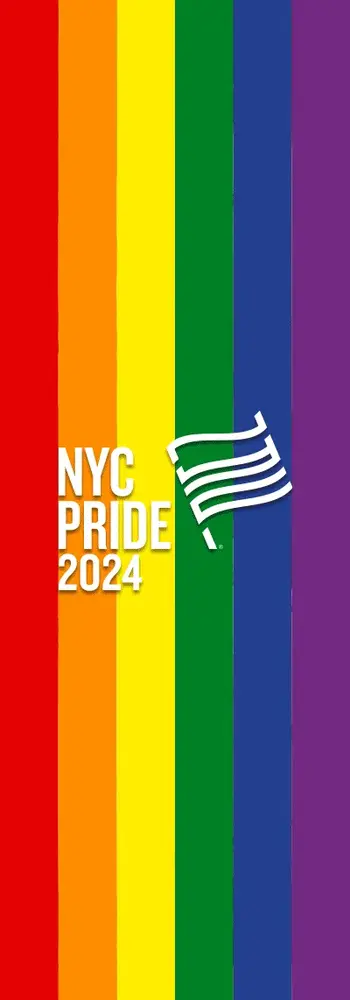
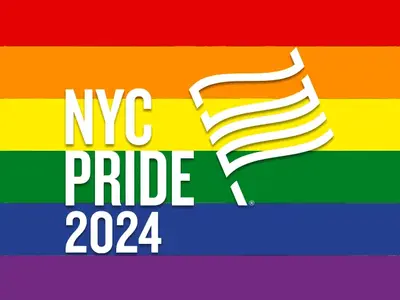
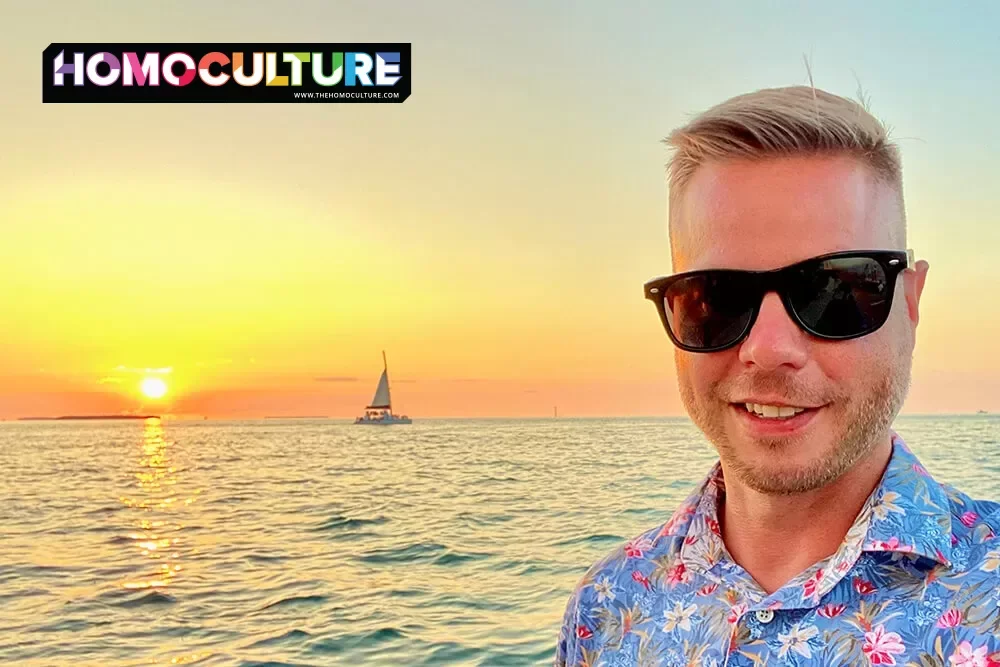
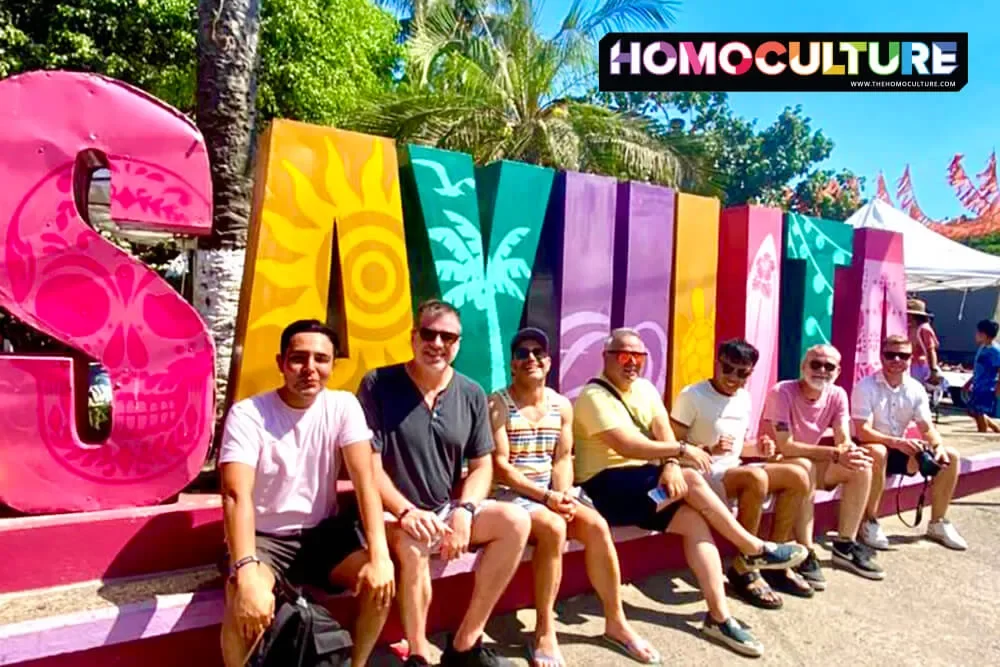
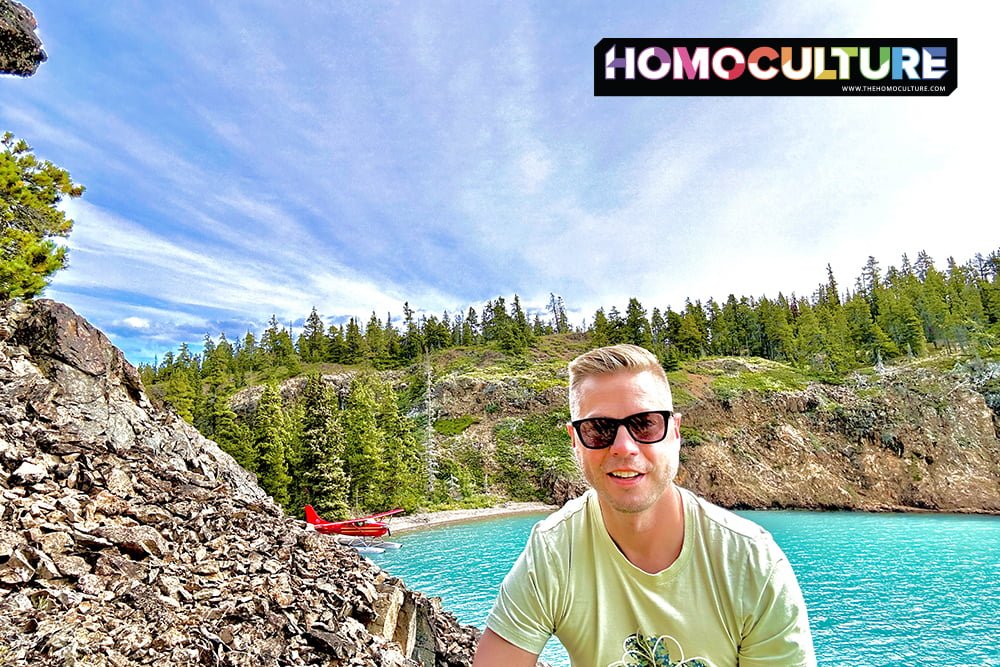
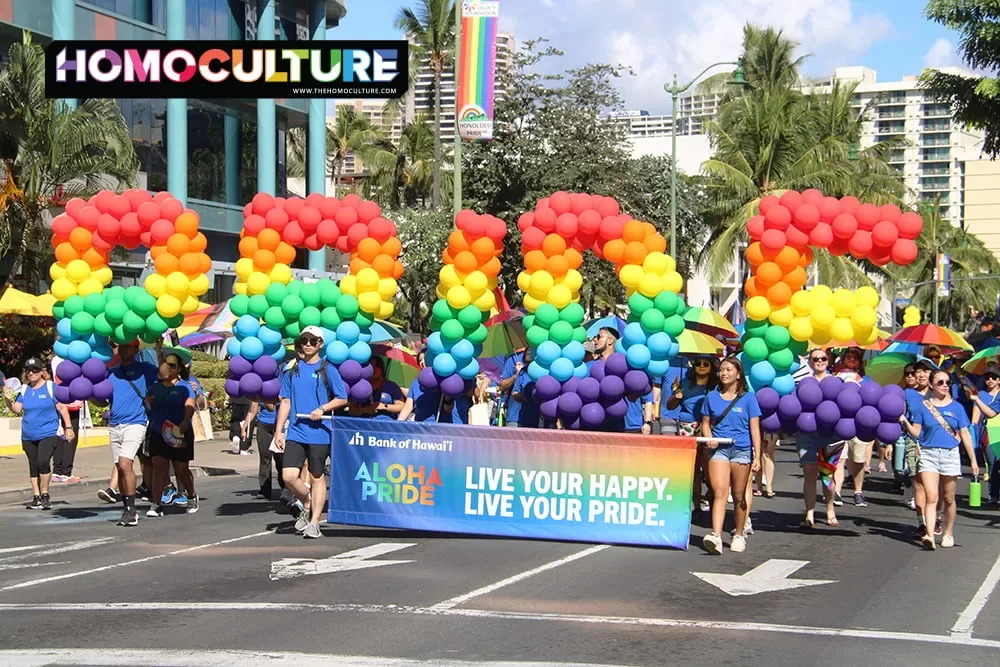
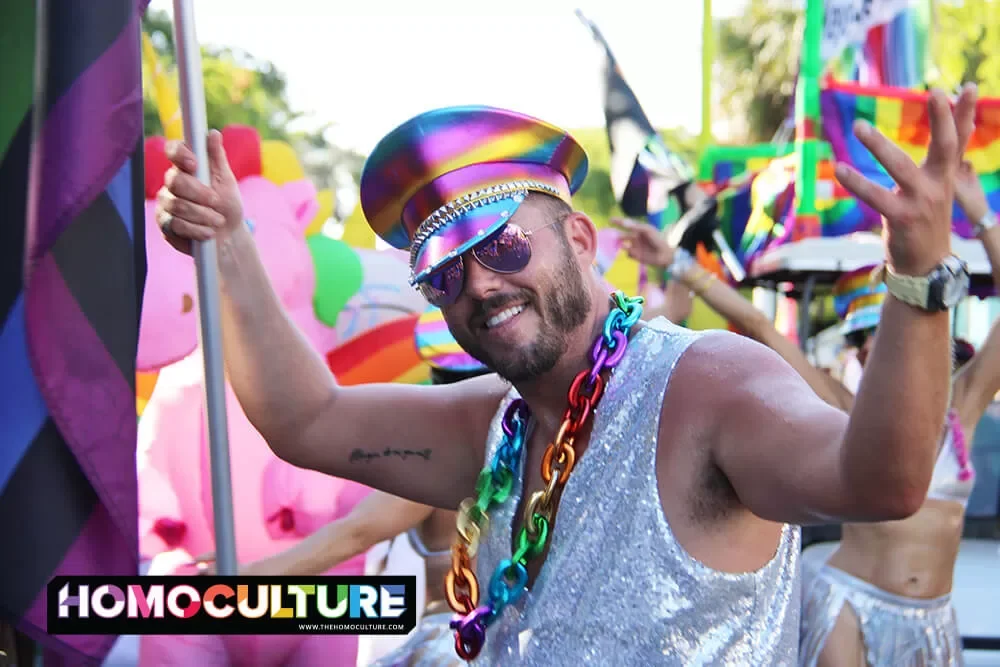
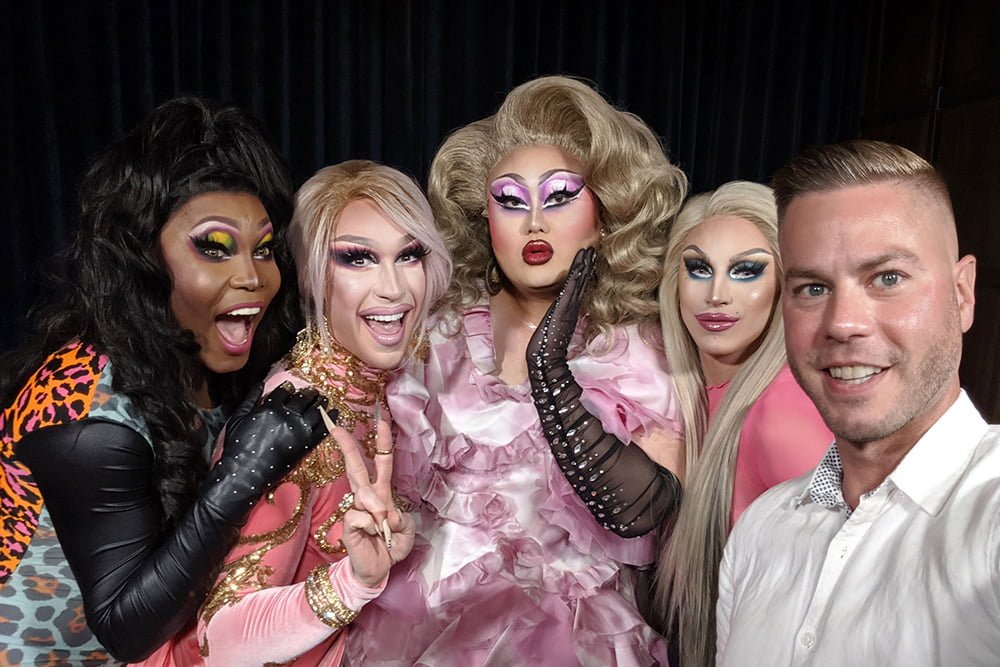
0 Comments